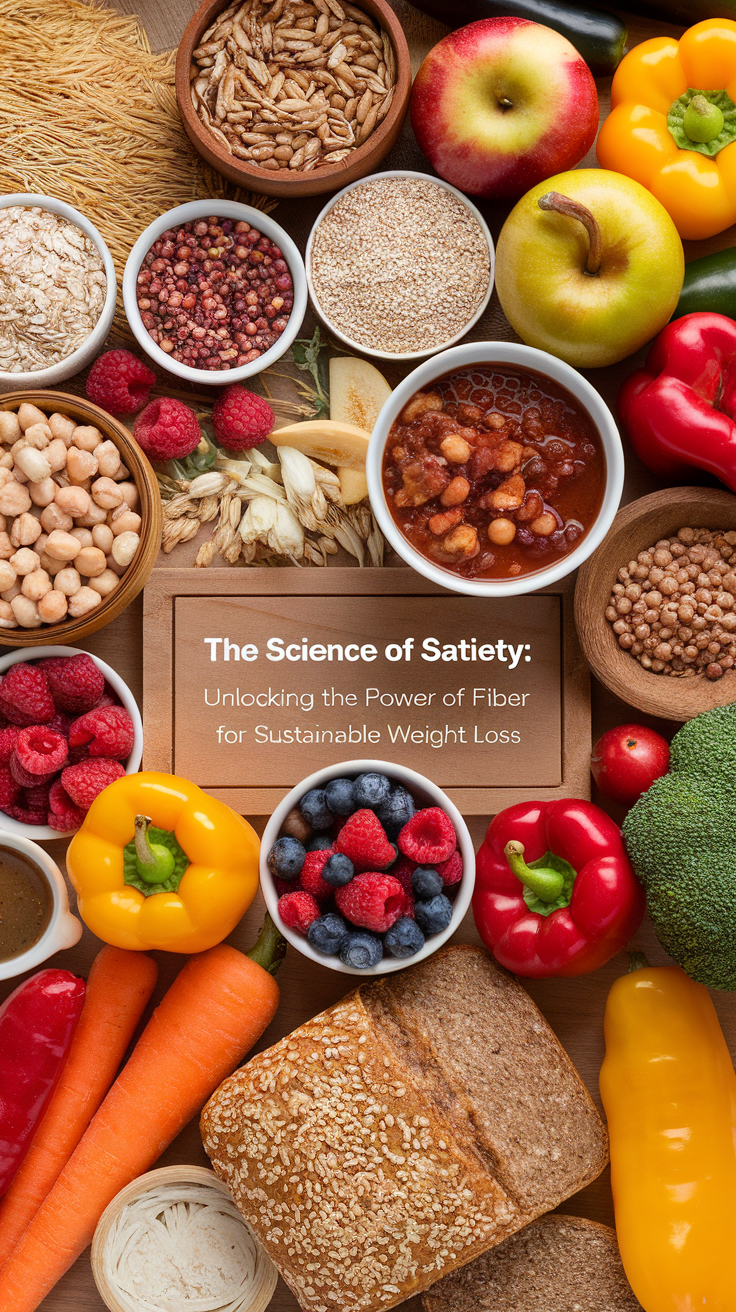The Power of Intermittent Fasting: Unpacking the Science Behind Weight Loss
Last Updated: July 16, 2025 at 6:00:50 AM UTC
Intermittent fasting is a popular weight loss strategy, but what does the science really say? We'll dive into the benefits and potential drawbacks to help you make an informed decision.

In the world of weight loss, few methods have generated as much buzz as intermittent fasting (IF). This approach involves restricting your eating window to certain hours of the day, with the goal of promoting weight loss and improving overall health. But as with any trendy diet or regimen, it's essential to separate the hype from the science. Let's take a closer look at the benefits and potential drawbacks of intermittent fasting.
What Is Intermittent Fasting?
Intermittent fasting involves alternating periods of eating and fasting. There are several popular methods, including:
- 16:8: Fasting for 16 hours and eating within an 8-hour window
- 5:2: Eating normally for 5 days and restricting calories to 500-600 on the other 2 days
- Alternate-day fasting: Alternating between days of normal eating and days of calorie restriction
The Science Behind Intermittent Fasting
Research suggests that intermittent fasting can lead to significant weight loss, particularly in individuals who are overweight or obese. Studies have shown that IF can:
- Reduce body weight and body mass index (BMI)
- Lower blood pressure and triglycerides
- Improve insulin sensitivity and glucose control
- Increase human growth hormone (HGH) production
The mechanisms behind these benefits are complex, but they likely involve the following factors:
- Reduced insulin resistance: IF can help improve insulin sensitivity, which can lead to better glucose control and weight loss.
- Increased autophagy: Fasting can stimulate the body's natural process of autophagy, which involves the breakdown and recycling of damaged cells and proteins.
- Increased human growth hormone (HGH) production: HGH is important for muscle growth and repair, and IF may help stimulate its production.
Potential Drawbacks of Intermittent Fasting
While IF can be an effective weight loss strategy, it's not without potential drawbacks. Some of the potential risks and challenges include:
- Nutrient deficiencies: IF can lead to inadequate nutrient intake, particularly if the diet is not well-planned.
- Social challenges: IF can be difficult to follow in social situations, and may lead to feelings of isolation or disconnection.
- Hormonal changes: IF can affect hormone levels, including a potential increase in cortisol and a decrease in leptin.
- Potential negative impact on certain populations: IF may not be suitable for everyone, particularly those with a history of eating disorders, diabetes, or other health conditions.
Should You Try Intermittent Fasting?
If you're considering trying intermittent fasting, it's essential to consult with a healthcare professional to determine if it's safe and appropriate for you. Here are some tips to keep in mind:
- Start slowly: Begin with a gentle approach, such as a 12-hour eating window, and gradually increase the duration of your fasting periods.
- Listen to your body: Pay attention to your body's signals, and stop if you experience any adverse effects.
- Focus on nutrient-dense foods: Make sure to prioritize nutrient-dense foods during your eating window to minimize the risk of nutrient deficiencies.
- Be patient: Weight loss and other benefits may take time to develop, so be patient and focus on making sustainable lifestyle changes.
Conclusion/Key Takeaways
Intermittent fasting is a popular weight loss strategy that has generated significant scientific interest. While it may not be suitable for everyone, it can be a powerful tool for promoting weight loss and improving overall health. By understanding the science behind IF and taking a thoughtful and gradual approach, you can make an informed decision about whether this approach is right for you.
Remember, weight loss is a journey, and it's essential to prioritize your overall health and well-being above any specific diet or regimen. Consult with a healthcare professional before making any significant changes to your eating habits.










